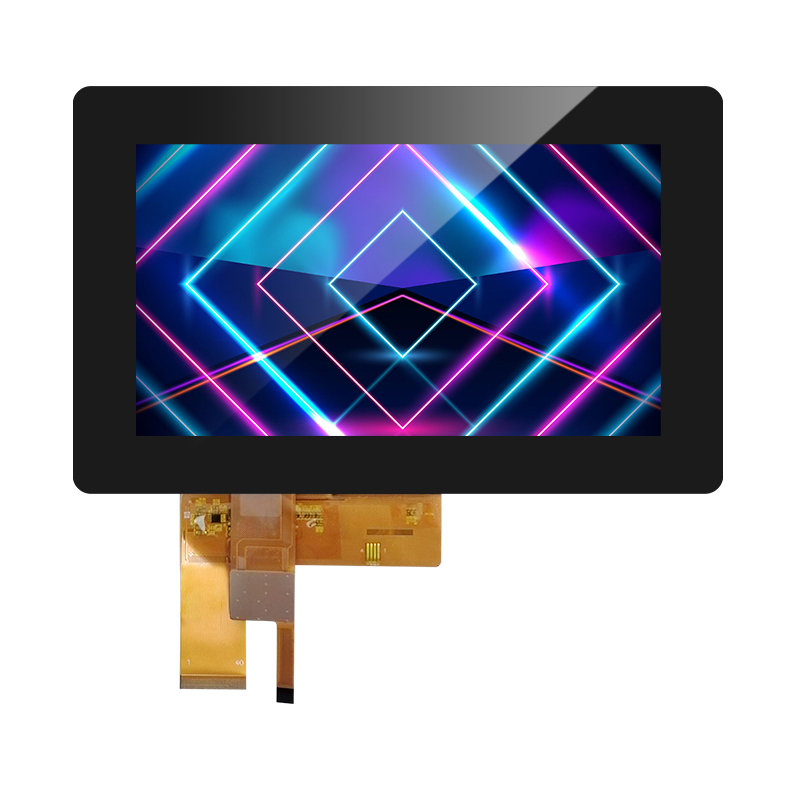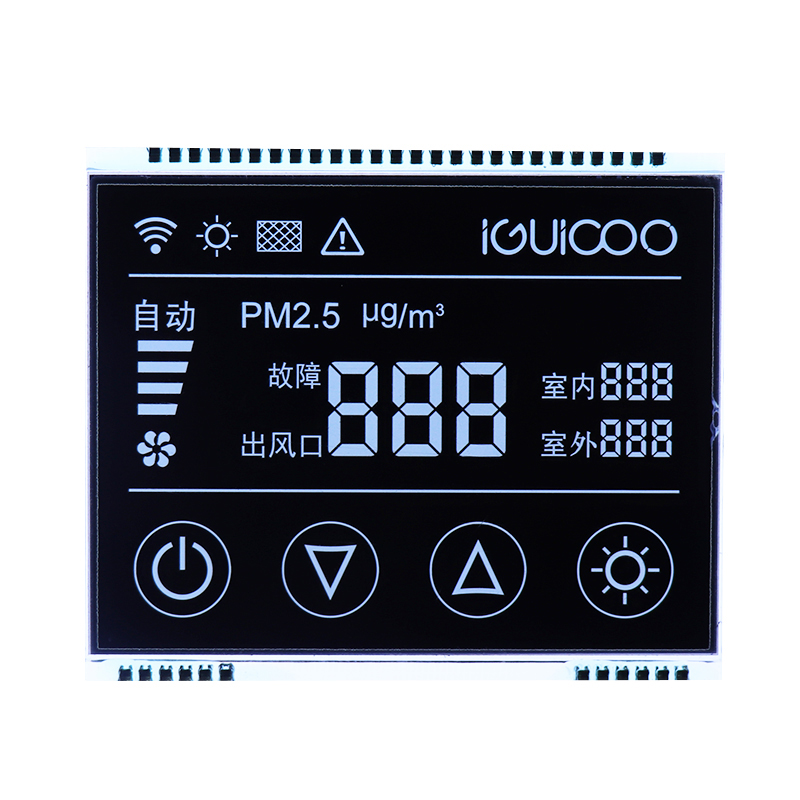16x2 LCD Display Product Guide: A Comprehensive OverviewThis guide provides a detailed exploration of 16x2 LCD displays, covering their specifications, applications, and selection criteria. We'll delve into the technical aspects, common uses, and factors to consider when choosing the right 16x2 LCD product for your project.
Understanding 16x2 LCD Displays
What is a 16x2 LCD Display?
A
16x2 LCD display is a compact, liquid crystal display module capable of showing 16 characters across two lines, totaling 32 characters. These displays are incredibly versatile and are commonly used in various embedded systems and electronic projects due to their affordability and ease of integration. They typically use a parallel interface, though serial interfaces like I2C are also available. The characters displayed are usually based on a 5x8 or 7x8 pixel matrix.
Key Specifications and Features
Several key specifications differentiate
16x2 LCD products. These include: Character Size: As mentioned, common sizes are 5x8 and 7x8 pixels per character. Larger character sizes offer improved readability. Interface Type: The most common interface types are parallel (often requiring 8 data lines) and I2C (requiring fewer lines for connection). Consider the complexity of your project when choosing. Backlight Type: Backlights enhance visibility, with common types including LED (various colors) and electroluminescent backlights. Contrast and Viewing Angle: These impact readability, with higher contrast and wider viewing angles generally preferred. Operating Voltage: Typical operating voltages range from 3.3V to 5V. Ensure compatibility with your microcontroller or other control circuitry.
Applications of 16x2 LCD Displays
16x2 LCD displays find applications in a broad range of projects and devices:
Hobbyist Projects
From simple digital clocks and thermometers to more complex projects involving microcontrollers like Arduino, Raspberry Pi, and ESP32,
16x2 LCD products are a popular choice. Their simplicity makes them ideal for learning and experimenting with embedded systems.
Industrial Applications
These displays are frequently integrated into industrial control systems, providing real-time status updates, sensor readings, or simple user interfaces for machines and equipment.
Consumer Electronics
Small appliances, digital scales, and other consumer electronics often employ
16x2 LCD displays to provide information concisely.
Choosing the Right 16x2 LCD Display
Selecting the appropriate
16x2 LCD product depends on the specific needs of your application. Consider the following factors:
| Factor | Considerations | Example | Impact |
| Interface | Parallel vs. I2C | I2C simplifies wiring | Complexity and wiring |
| Backlight | Type and color | White LED | Visibility |
| Character Size | Readability | 5x8 or 7x8 | Clarity |
Table 1: Key Considerations When Selecting a 16x2 LCD Display
For a wide selection of high-quality
16x2 LCD products, consider exploring the offerings from
Dalian Eastern Display Co., Ltd. They offer a range of options to suit various needs.
Conclusion
The
16x2 LCD display remains a versatile and cost-effective solution for numerous applications. By understanding its specifications, applications, and selection criteria, you can effectively integrate this technology into your projects and achieve optimal results. Remember to consider factors such as interface type, backlight, and character size to choose the best
16x2 LCD product for your specific needs.













